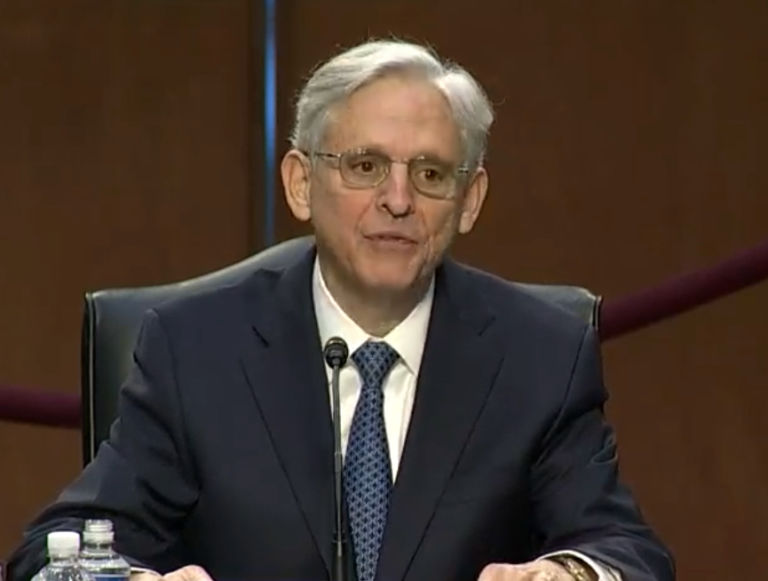Editors at National Review Online outline their concerns about the latest legal action against former President Donald Trump.
The indictment of former president Donald Trump by Biden Justice Department special counsel Jack Smith on four felony charges arising out of his efforts to undo President Biden’s victory in the 2020 election is momentous — not just in its potential impact on our politics, but in what it could mean for the rule of law.
We have on many occasions condemned Trump’s appalling actions in the aftermath of the 2020 election. They were impeachable. He came close to being convicted in a Senate impeachment trial; with 57 senators finding him guilty, he was saved only by the Constitution’s two-thirds supermajority mandate for conviction and disqualification.
Now, through a special counsel it appointed for this precise purpose, the Biden Justice Department is attempting to use the criminal process as a do-over for a failed impeachment. In effect, Jack Smith is endeavoring to criminalize protected political speech and flimsy legal theories — when the Supreme Court has repeatedly admonished prosecutors to refrain from creative theories to stretch penal laws to reach misconduct that Congress has not made illegal.
In our constitutional system, Congress is trusted with the duty to check egregious executive misconduct. Its failure to convict Trump understandably galls many of his opponents — left, right, and center. This feeling is accentuated by their sense both that Trump is unfit for the presidency and that there is a very real possibility that he could be elected president again.
Hence the pressure on the Justice Department to hold Trump accountable in a way the political system did not. But criminal prosecution is an inapt substitute for the congressionally driven political process that the Constitution set up to address gross abuses of power.


